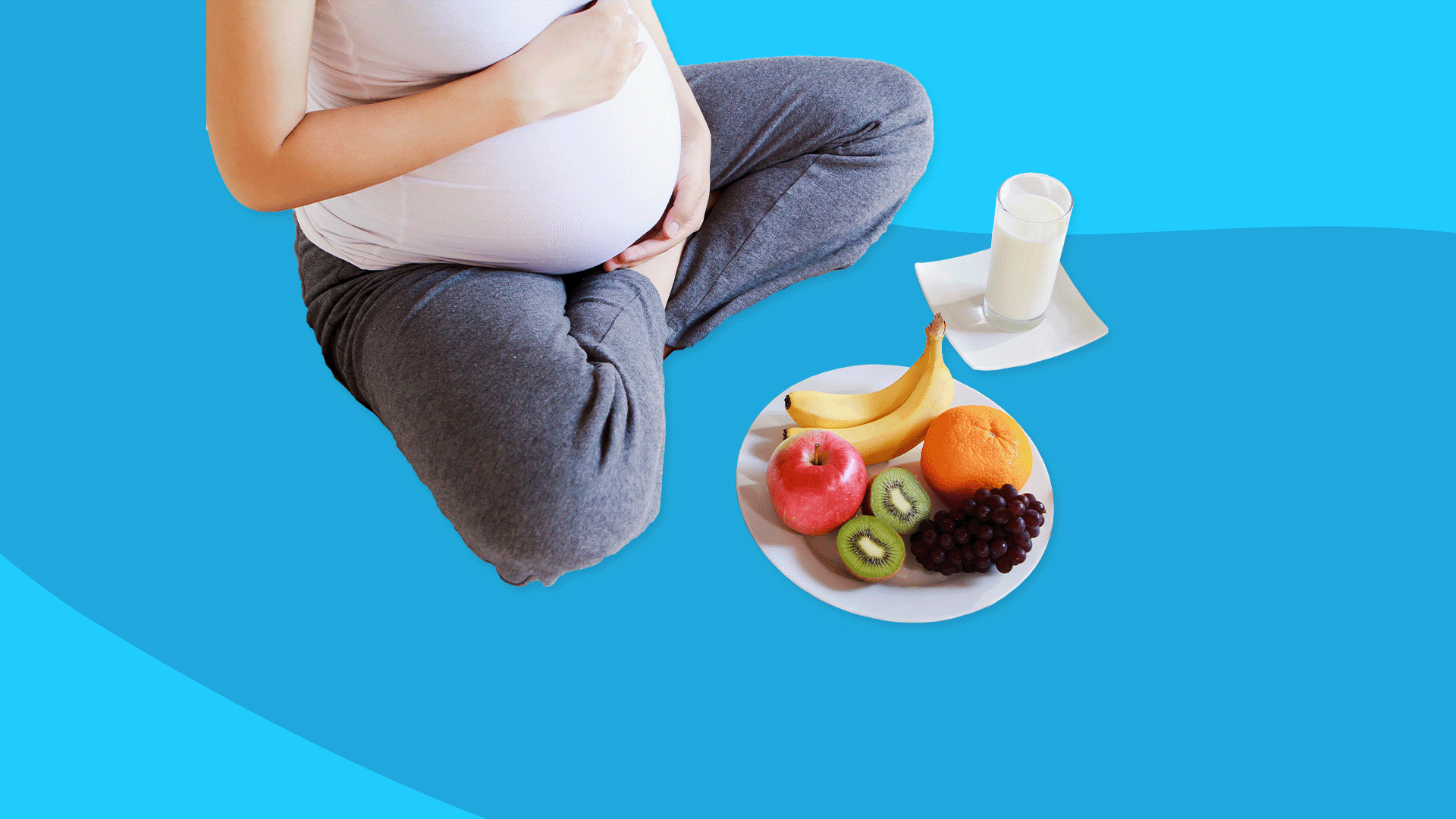From fruit to coffee, these foods are best not to eat during pregnancy
During pregnancy, some people have a craving for sweet foods. Some people like to eat sweet and sour, some like sweet. At this time, the brain produces neuropeptide hormones, which work to stimulate hunger.
According to the geography, their choice will be different. Generally, women in western countries like sweet foods like ice cream and cakes. Women in eastern countries like sour, bitter and bitter foods like spicy, turkey.
However, eating fancy foods during pregnancy is not so appropriate.
Because the mother's diet has a direct effect on the child growing in the womb. Therefore, you should be careful about what you eat or what you don't eat at this time.
1. fruit
Fruits should not be eaten during pregnancy. Nuts contain 'benzyl isothiocyanate', due to which excessive consumption can be toxic to the body.
In this case, if a pregnant woman eats the fruit, there may be a risk of miscarriage. Even raw fruit should not be eaten during pregnancy. Enzyme found in raw fruit helps in uterine contraction. Because of this, there is a higher risk of miscarriage.
2. Smoking and drinking
Smoking and drinking alcohol during pregnancy can be a risk for the baby. The chemicals in cigarettes shrink the blood vessels in the uterus, which can cause the baby to be underweight in the womb, cause labor pains before the due date, and hinder the development of the penis.
Drinking alcohol can be even more dangerous. It can lead to mutilation of the body in the womb.
3. Caffeinated foods
Most people prefer to drink coffee, but pregnant women are advised to consume less caffeine. According to health experts, pregnant women should consume less than 200 milligrams of caffeine per day.
Caffeine dissolves quickly in the body and reaches the umbilical cord. A fetus does not have metabolic enzymes due to which it can be harmed. Consuming too much caffeine during pregnancy can hinder the baby's weight and growth.
4. Junk food
During pregnancy, you should eat only foods rich in nutrients for the development of the baby.
You should stay away from junk food during this time. Because junk foods lack nutrients and are high in sugar and calories. Eating junk food leads to nutritional deficiency. Also, weight increases quickly and this can cause many problems during delivery. During pregnancy, your diet should include plenty of fruits, green vegetables, protein, folate and iron.
5. Raw eggs and undercooked meat
There are some meat-based foods like kachela, which are not fully cooked. Such foods should not be eaten during pregnancy.
Most of the bacteria are found on the surface of the meat while some are found inside the meat. Therefore, eating raw or undercooked meats is also harmful for pregnant women. Its consumption can cause neurological diseases in the unborn child by infecting many types of bacteria such as Toxoplasma, Listeria and Salmonella.
Similarly, some people also eat raw eggs saying that they are more nutritious. Raw eggs have more nutrients than cooked eggs. However, it is better not to eat raw eggs during pregnancy. Because raw eggs contain salmonella bacteria. Which can cause fever, vomiting, abdominal pain and diarrhea. In some cases, this infection can cause uterine cramps, which can lead to premature birth.






